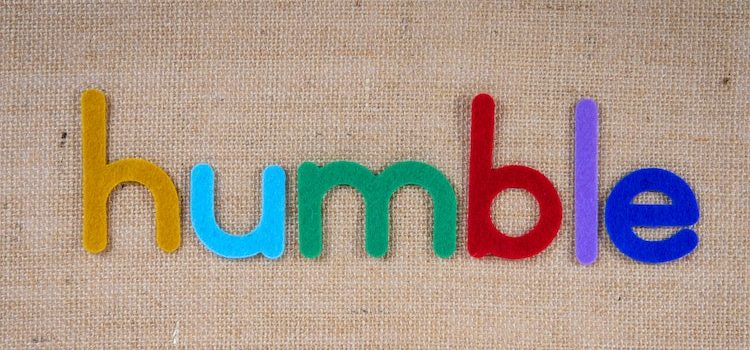How is the virtue of humility part of the Christian life? What does it mean to keep your good deeds secret from yourself? Dietrich Bonhoeffer believes that humility is an indispensable part of being a disciple. That means that you do good for God’s sake, not yours. You realize that the credit for anything good belongs to God alone. Keep reading to learn about Bonhoeffer’s view on the virtue of humility.
The Virtue of Humility: Why Disciples Don’t Take Credit









